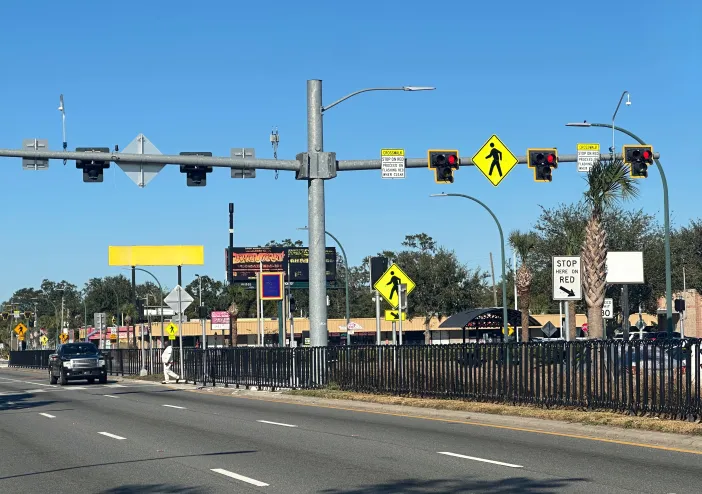
The city of Toronto is partnering with the Ontario Vehicle Innovation Network (Ovin) to support pilot schemes investigating emerging technologies for urban mobility.
The agreement between Toronto, capital city of the Canadian province Ontario, and the provincial government agency Ovin will provide small- and medium-sized enterprises with up to Can$100,000 (US$73,000) to test traffic management technologies in real-world environments.
During these pilots, the companies will deploy new traffic camera and sensor technologies that use AI and 5G wireless networks to improve and accelerate traffic management strategies.
Toronto, which has a population of three million and is North America’s fourth-largest city, may then procure technologies that successfully demonstrate the ability to alleviate congestion, improve road safety, enhance transit priority and make city transportation more efficient.
“As Ontario and Canada’s economic and tech powerhouse and largest metropolitan area, the city of Toronto is uniquely positioned to adopt innovative urban mobility technologies that will facilitate safer, cleaner, and more efficient transportation,” said Raed Kadri, head of Ovin.
“The Ovin Technology Pilot Zone for urban mobility cultivates the unparalleled potential of made-in-Ontario innovation to address mobility challenges, while accelerating their commercialisation and growth.”
Ovin is responsible for promoting and connecting new technology and small- to medium-sized companies with major manufacturers and investors in the North American mobility sector – from vehicle makers and public transportation agencies to providers of traffic management and data analysers.
The agreement supports the city’s Congestion Management Plan 2023-26 which was adopted last November to address traffic management concerns.
As part of this, the city is also partnering with telecommunications companies and their traffic technology partners – including Bell Canada with Caliber Communications, Rogers Communications with NoTraffic and Telus with Miovision – to enable pilot projects aimed at reducing travel times, improving road safety and enhancing transit priority.








